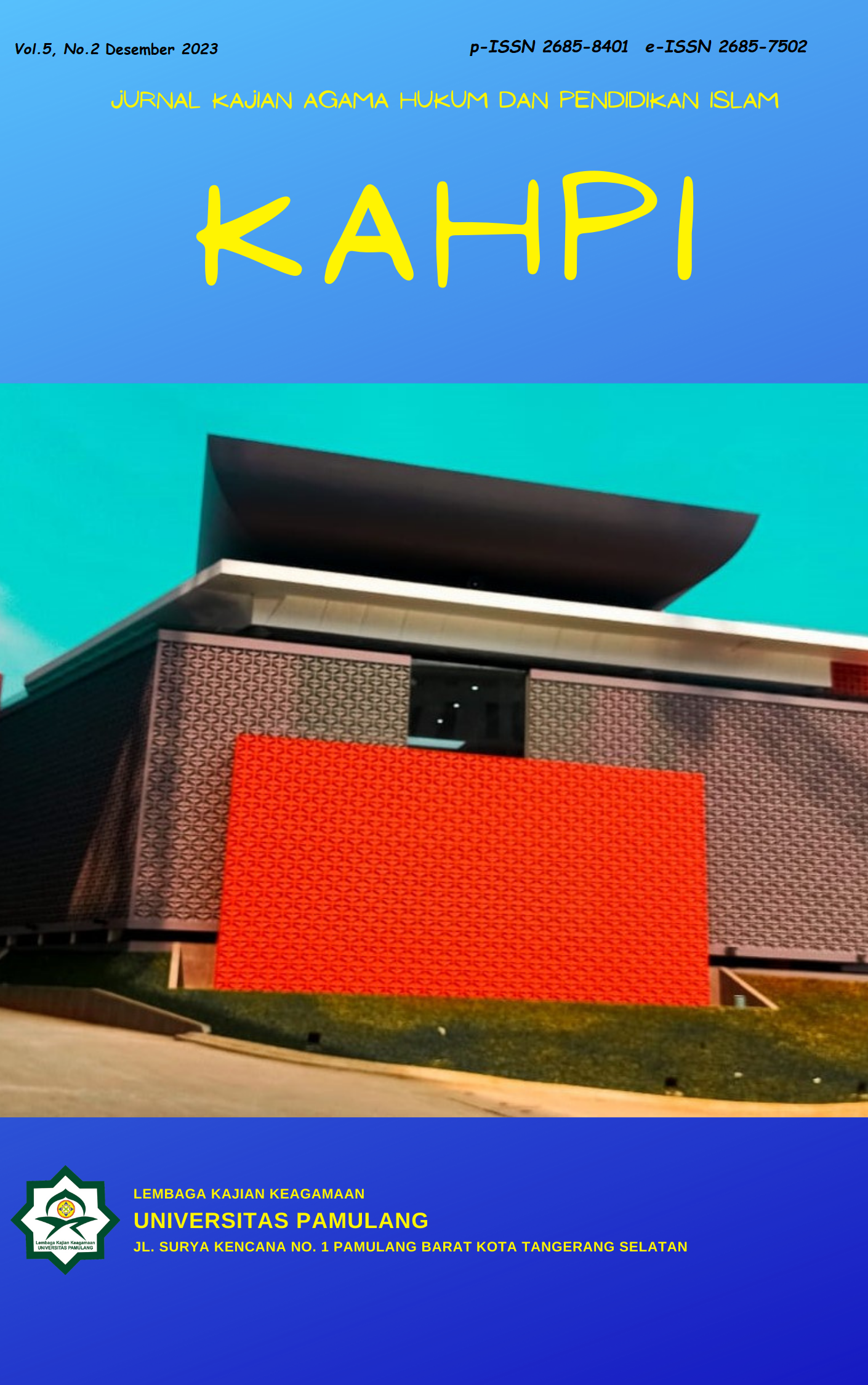IMPLEMENTASI PENDISTRIBUSIAN ZAKAT FITRAH DALAM MEWUJUDKAN ZERO HUNGER PADA SDGS (Studi Kasus Pimpinan Ranting Muhammadiyah Pulo Cabang Depok Barat)
Abstract
Indonesia is the third highest country in the Southeast Asia region after Timor Leste and Laos in terms of hunger levels based on 2021 Global Hunger Index (GHI) data with a hungry population of 17 million people. Global and national programs in an effort to reduce hunger rates are discussed specifically in the Sustainable Development Goals (SDGs). In Islam, the SDGs program at point zero hunger can be realized through the distribution of zakat fitrah. This research uses a qualitative approach with descriptive methods by collecting data through interviews and analyzing financial reports for the implementation of zakat fitrah in 1444 H. The aim of this research is to find out the distribution of zakat fitrah in realizing Zero Hunger in the SDGs which are implemented in the Muhammadiyah Branch Leadership (PRM) Pulo Branch West Depok. Based on research results, the distribution of zakat fitrah carried out by PRM Pulo West Depok Branch has succeeded in realizing zero hunger in the SDGs with indicators of ending hunger and ensuring access to food for all people, especially for those who are vulnerable. Meanwhile, other indicators of achievement have not been able to be realized by PRM Pulo Depok City, such as improving the quality of food consumption and community nutrition, as well as ending malnutrition; Strengthening sustainable food and agricultural production for food security and independence; and Increasing the welfare of food business actors, especially farmers, fishermen and fish cultivators.

